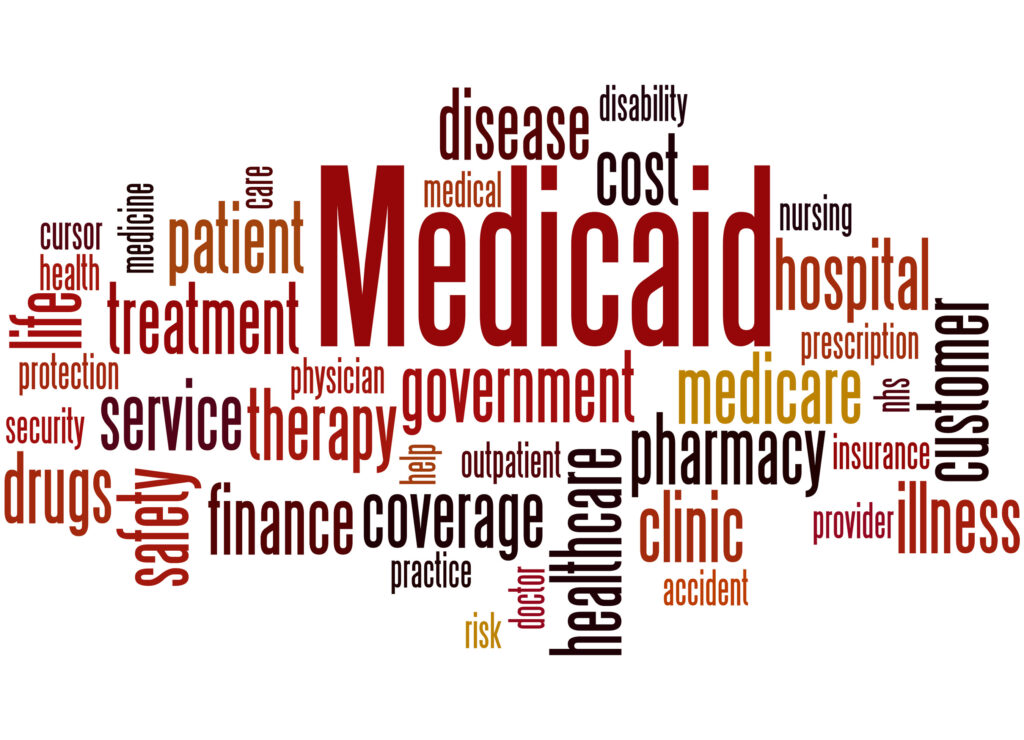
The Governor’s 2020-21 May revision proposed requiring regional center consumers to enroll in Medi-Cal if they were eligible so the state could get federal (Medicaid) reimbursement for regional center coordinated services. The proposal also included a requirement that if the consumer was eligible for Medi-Cal but chose not to enroll they would have to pay the regional center the amount Medi-Cal (Medicaid) would have paid for the regional center service. The Legislature rejected that proposal and instead asked the Legislative Analyst’s Office (LAO) to submit a report to the Legislature that would provide an evaluation of the Medi-Cal enrollment processes among consumers of the Department of Developmental Services as well as options to increase enrollment as a way to increase federal funding for regional center services.
On November 9, 2021, the LAO released their report Enhancing Federal Financial Participation for Consumers Served by the Department of Developmental Services. The report is a comprehensive evaluation of Medi-Cal eligibility of consumers served by DDS, barriers to enrollment, and implications of requiring enrollment. In addition, the report provides the following recommendations:
If the Legislature’s main goal were to save money, increasing Medi-Cal enrollment among DDS consumers would not achieve that goal. However, if it has a policy basis for wanting to increase Medi-Cal enrollment among DDS consumers, we recommend it consider one or both of the following options to do so in a relatively cost-effective way:
- Providing more hands-on Medi-Cal enrollment assistance through dedicated liaisons and enrollment workers at counties and/or dedicated staff at RCs. The administrative cost of this option would range from about $2 million to $15 million and some of these costs would be eligible for federal Medicaid funding.
- Providing more education and improved materials about Medi-Cal and the related Medicaid waiver program administered by DDS, such as by changing confusing terminology, translating forms currently provided only in English, hosting educational events, or improving training of RC staff. The total administrative cost of such options likely would not exceed $2 million.
We recommend against requiring Medi-Cal enrollment among eligible consumers, as proposed by the Governor’s administration in May 2020. (A consumer who chose not to enroll would have had to pay the RC the equivalent of what Medicaid would have paid for RC-coordinated services.) Not only would this approach cost the state money on net, but it potentially would discourage some families from seeking needed RC-coordinated services.
To read the report in its entirety visit: https://lao.ca.gov/reports/2021/4471/Enhancing-Federal-Financial-Participation-Consumers-DDS-110921.pdf
